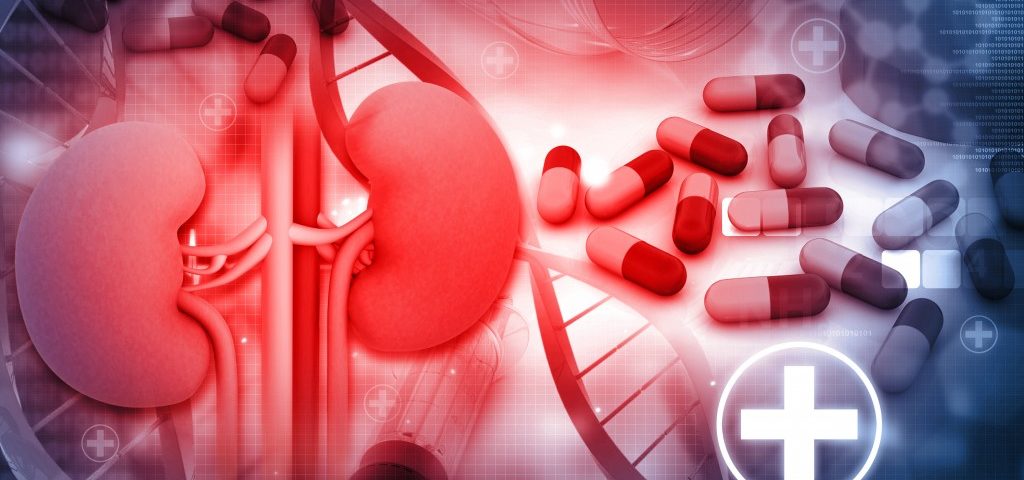Tricida‘s lead investigational drug TRC101 increased serum bicarbonate levels essential to restoring the acid-base balance in patients with chronic kidney disease (CKD) and metabolic acidosis, according to the results of a study.
The results came in a double-blind, placebo-controlled, clinical trial (NCT02809183) aimed at evaluating the effectiveness and safety of 3-, 6- and 9-gram doses of TRC101. The oral therapy was given to 135 adults with Stage 3 or 4 CKD and low serum-bicarbonate levels.
The trial was in two parts. Part 1 involved administering TRC101 or a placebo twice a day for 14 days. Part 2 involved once-daily doses.
All TRC101 dose levels increased serum-bicarbonate levels.
TRC101 was well-tolerated with no serious adverse events reported. The most commonly observed problems were mild to moderate gastrointestinal reactions.
The company will now move TRC101 into Phase 3 clinical trials to evaluate TRC101’s safety and effectiveness in treating the chronic metabolic acidosis associated with CKD.
Metabolic acidosis is one of a number of complex changes linked to CKD. It can develop from increased production of nonvolatile acids, increased loss of bicarbonate, or decreased renal excretion of acid.
“I am very proud of the Tricida team who discovered and led the early development of TRC101,” Dr. Gerrit Klaerner, PhD, Tricida’s president and CEO, said in a press release. “The clinical proof-of-concept study far exceeded our expectations in terms of rapid onset of action and the magnitude of increase in serum bicarbonate.”
Dr. Klaus Veitinger, MD, PhD, chairman of the Tricida board of directors, said that based on these clinical trial results, TRC101 hopes to address one of the “major unmet medical needs in kidney disease with currently no approved drugs.”
“Chronic metabolic acidosis is at the center of a vicious cycle: Buildup of acid is caused by kidney disease and at the same time induces further renal deterioration,” Veitinger said.

